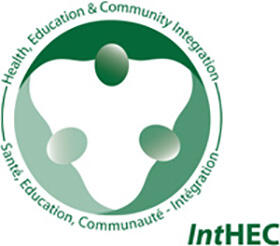
LSTM has launched a four year programme to improve the delivery of reproductive health services in Tanzania and Niger. The programme, funded by the European Union, has been designed by LSTM and the seven project partners to highlight and address the cultural barriers which reduce the reach and effectiveness of existing adolescent reproductive health (ARH) services in partner countries.
Poor ARH has been highlighted as a major cause of morbidity and worsening poverty for the poorest people in sub-Saharan Africa. The programme will analyse the current provision of ARH programmes and identify priority areas for intervention. Identified weaknesses will then be addressed by developing interventions for use in workplaces, schools and communities, for example improving links between health units and communities.
These interventions will be developed in a stepwise fashion and their effectiveness will be assessed in a series of process evaluation studies, culminating in a population-based cluster randomised trial.
Dr Angela Obasi, Senior Clinical Lecturer at LSTM and leader of the project said:
“This research will tackle the some of the key structural drivers which limit access to effective reproductive health services by assessing the weaknesses of current programmes and directly developing specific actions to tackle them.
“The government ministries responsible for ARH in Tanzania and Niger are partners in the programme, meaning that the outcome of the research will be genuinely owned by the key policy makers, so ensuring the impact of this research beyond the life of the project.”
-ends-
For further information, please contact:
Alan Hughes, Communications Manager
Office: +44 (0)151 705 3308
Mobile: +44 (0)7759 243969
Notes to Editors
The Liverpool School of Tropical Medicine (LSTM) has been engaged in the fight against infectious, debilitating and disabling diseases for more than a hundred years and continues that tradition today with a research portfolio in excess of £145 million and a teaching programme attracting students from over 70 countries.
The other partners in this programme are:
Universite Catholique de Louvain, Belgium; National Institute for Medical Research, Tanzania; Ministry of Health and Social Welfare, Tanzania; Ministry of Education and Vocational Training, Tanzania; Laboratoires d’Etudes et de Recherches sur les Dynamiques Sociales et le Developpement, Niger; Ministry of Public Health, Niger; United Nations Population Fund, Niger
For more information visit http://www.inthec.org